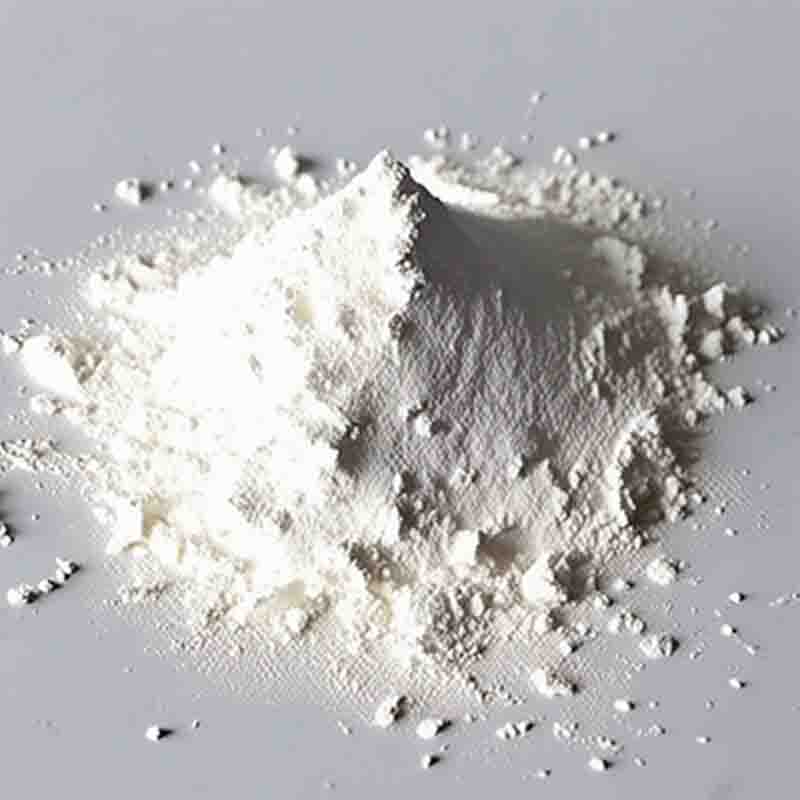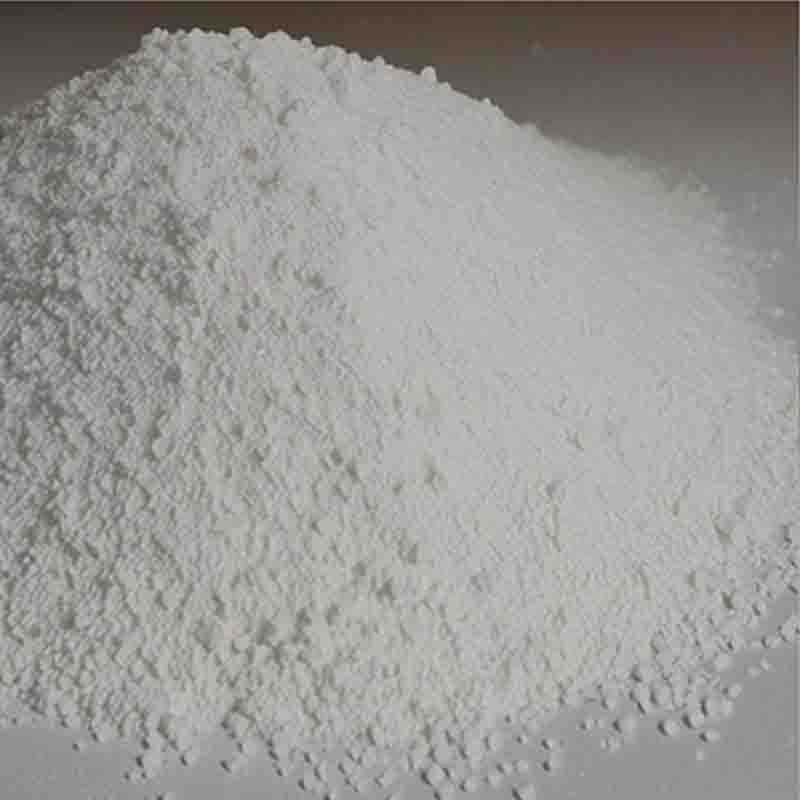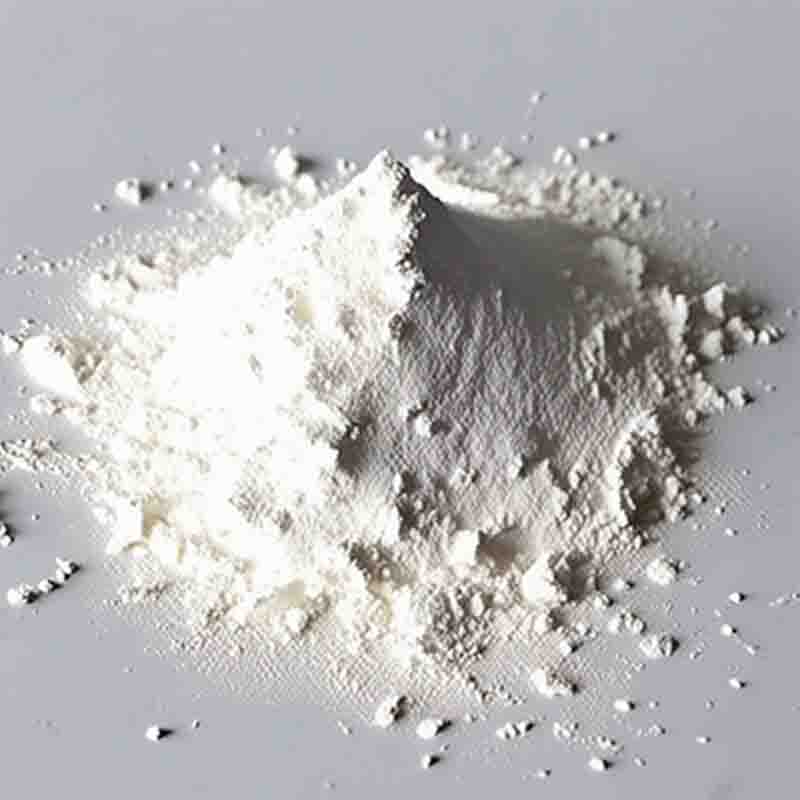(3alpha,5beta,6E)-6-Ethylidene-3-hydroxy-7-oxocholan-24-oic acid CAS: 1516887-33-4
| Catalog Number | XD93858 |
| Product Name | (3alpha,5beta,6E)-6-Ethylidene-3-hydroxy-7-oxocholan-24-oic acid |
| CAS | 1516887-33-4 |
| Molecular Formula | C26H40O4 |
| Molecular Weight | 416.6 |
| Storage Details | Ambient |
Product Specification
| Appearance | White powder |
| Assay | 99% min |
(3alpha,5beta,6E)-6-Ethylidene-3-hydroxy-7-oxocholan-24-oic acid, also known as UDCA (Ursodeoxycholic acid), is a naturally occurring bile acid that has been widely studied and utilized for its therapeutic properties. It is extracted from bear bile or synthesized from cholic acid, a primary bile acid found in humans and other mammals.One of the primary uses of UDCA is in the treatment of liver diseases, particularly cholestatic liver diseases. Cholestasis is a condition characterized by the impaired flow of bile from the liver, causing a buildup of bile acids and other toxic substances in the liver cells. UDCA helps to improve bile flow, reducing the toxicity and protecting liver cells from damage. It is commonly prescribed for the treatment of progressive familial intrahepatic cholestasis, primary biliary cholangitis, and primary sclerosing cholangitis.UDCA is also used in the prevention and dissolution of cholesterol-based gallstones. By reducing the secretion of cholesterol into bile and increasing bile acid concentration, UDCA can help dissolve existing gallstones and prevent the formation of new ones. It is often prescribed for patients with symptomatic gallstones or those at risk of developing gallstones, such as individuals undergoing rapid weight loss or those with certain metabolic disorders.Furthermore, UDCA has been investigated for its potential applications in other disorders and conditions. Studies have shown its beneficial effects in non-alcoholic fatty liver disease (NAFLD) and non-alcoholic steatohepatitis (NASH), where it can help reduce liver inflammation and improve liver function. It has also shown promise in treating certain autoimmune diseases, such as primary biliary cirrhosis and autoimmune hepatitis.In addition to its use in human medicine, UDCA has found applications in veterinary medicine. It can be prescribed to dogs with hepatobiliary disorders, such as chronic hepatitis and gallbladder mucocele. In these cases, UDCA helps to reduce liver inflammation, improve bile flow, and promote overall liver health in canines.In summary, (3alpha,5beta,6E)-6-Ethylidene-3-hydroxy-7-oxocholan-24-oic acid, or UDCA, is a versatile compound with therapeutic benefits in a range of liver-related disorders. Its use in the treatment of cholestatic liver diseases, prevention of gallstones, and potential applications in other conditions make it a valuable medication. Ongoing research continues to explore its effectiveness in various fields, expanding our understanding of its therapeutic potential and broadening its range of applications.





![5-Difluoromethoxy-2-{[(3,4-dimethoxy-2-pyridinyl)methyl]thio}-1H-benzimidazole CAS: 102625-64-9](https://cdn.globalso.com/xdbiochems/白色粉末2632.jpg)



